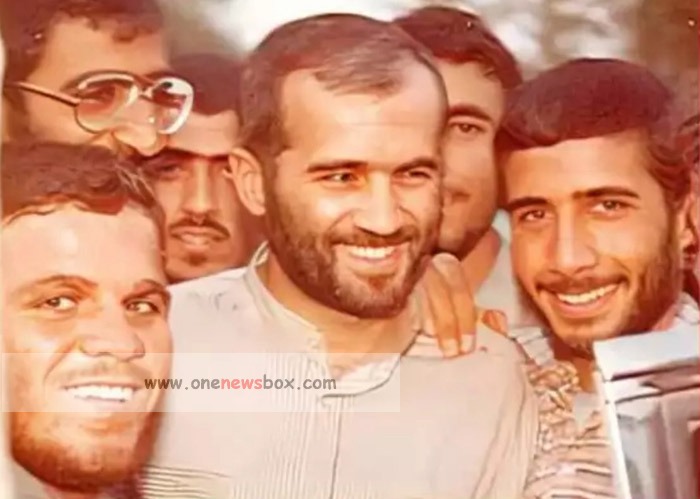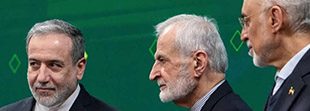This expansion was formalized and encouraged in the late 1990s and early 2000s, particularly during the presidency of Mahmoud Ahmadinejad, himself a former IRGC affiliate. The organization gained a foothold in construction, banking, trade, and import-export markets, often through quasi-private corporations like Khatam al-Anbiya Construction Headquarters, its economic wing.
To many political elites, the IRGC’s involvement was justified as a form of national self-reliance and protection against Western economic warfare. To Ahmad Tavakoli, however, it represented something far more dangerous: the blurring of lines between soldier and citizen, warfighter and policymaker.
Tavakoli’s Critique: The Telecommunications Transfer
One of the most well-known and explicit cases of Tavakoli’s resistance to IRGC expansion was his opposition to the 2009 transfer of Iran’s Telecommunication Company to the IRGC-affiliated firm Etemad-e-Mobin. The acquisition, valued at $7.8 billion, was the largest privatization in Iranian history at the time, and it was framed as part of the government’s “Article 44” privatization plan—intended to reduce state control over the economy.
Tavakoli, however, saw through the façade.
In his speeches and interviews, he decried the deal as an opaque maneuver that undermined the very concept of privatization. Rather than transferring control to private citizens or competitive enterprises, the deal had simply handed state assets from one arm of the government to another—but this time, an armed and ideological one.

